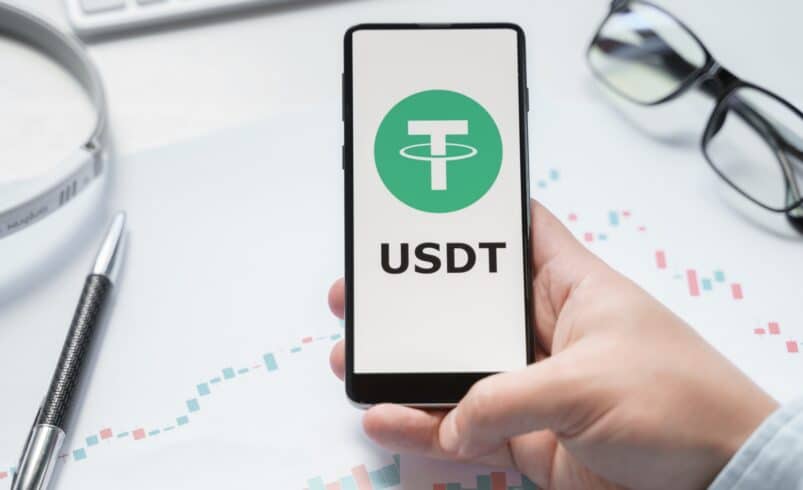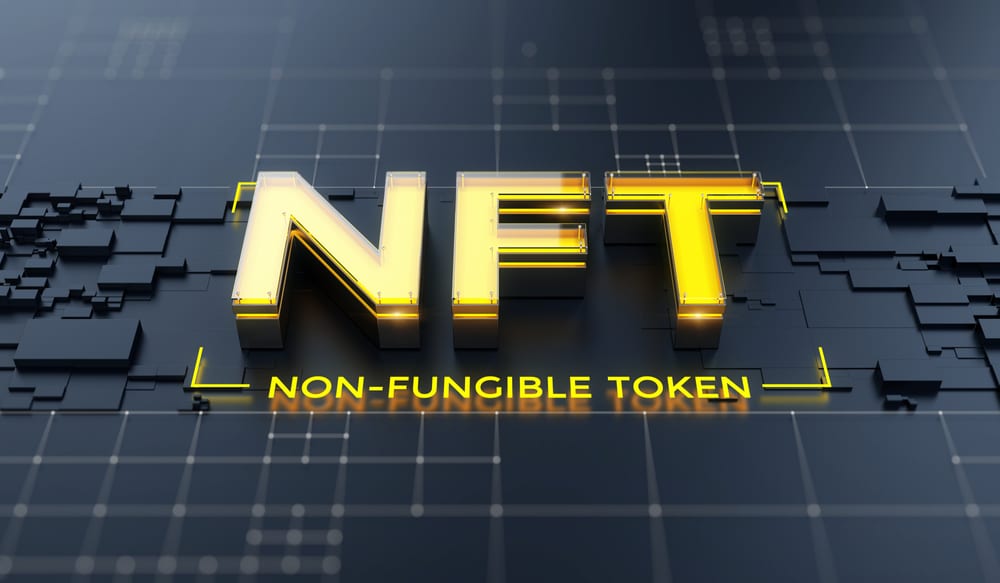Decoding the Howey Test: Are Cryptocurrencies Securities?

Within the United States, cryptocurrencies’ legal categorization remains ambiguous and is presently under examination in various legal proceedings.
A key question often arises: In which situations should cryptocurrencies be viewed as securities? According to the U.S. Securities and Exchange Commission, most digital currencies fit this label, with Bitcoin being a notable outlier.
Categorizing cryptocurrencies as securities would have substantial repercussions for how they are regulated. Under such a classification, they would be required to undergo registration with the SEC, and cryptocurrency exchanges would be obligated to operate under SEC regulation, trading exclusively in regulated cryptocurrencies.
The challenge arises due to the decentralized nature of these currencies, which renders regulation of the most significant cryptocurrencies impractical, essentially resulting in their prohibition within the U.S. by the SEC.
What precisely defines security?
Per the legal framework of the United States, securities are categorized as “investment contracts,” wherein an investor’s expectation of profit is predominantly dependent on the efforts exerted by a promoter or an external party. The realization of profit can manifest through the sale of the security or the accrual of dividends or interest payments.
To ascertain whether transactions qualify as investment contracts and are subject to securities laws, the SEC frequently employs the Howey Test, which originates from a 1946 U.S. Supreme Court case centered around citrus groves.
The Howey Test stipulates that sales of securities are equivalent to “investment contracts.” Such a contract is established when there is a monetary investment in a communal venture, accompanied by a reasonable anticipation of profit derived from the efforts of others, as per the SEC’s definition.
This test has played a crucial role in various enforcement actions involving cryptocurrencies, including cases against Ripple’s XRP token and Dapper Labs, the entity behind NBA Top Shot, a sports memorabilia non-fungible token (NFT). The interpretation and enforcement of the Howey Test can profoundly impact the regulation of cryptocurrencies, dictating whether they are treated as securities and consequently subject to specific legal and regulatory stipulations.
Consequences of being deemed a security
When a cryptocurrency is classified as a security, it has significant ramifications for the entity issuing it and the investors involved. If a cryptocurrency is deemed a security following the Howey Test, it becomes imperative for the issuer and the exchanges to secure the requisite licenses from securities regulators, a process that can be intricate and protracted.
The Howey Test has been invoked in numerous legal challenges initiated by the SEC, including a notable case against Ripple, where the company was accused of illicitly raising $1.3 billion through the sale of XRP. Additionally, the SEC has utilized the Howey Test in legal proceedings against prominent cryptocurrency exchanges such as Coinbase and Binance.
However, one particular token has remained outside the Howey Test’s purview. The current Chair of the SEC, Gary Gensler, has explicitly stated that Bitcoin does not qualify as a security and, therefore, does not adhere to the definition of security as per the Howey Test.
Nonetheless, Gensler has consistently maintained that most cryptocurrencies and crypto-related firms fall under the jurisdiction of federal securities laws, highlighting the ongoing scrutiny the sector faces.
Howey Test and initial coin offerings
Initial coin offerings (ICOs) may be deemed an investment contract when analyzed through the Howey Test framework. Former Chairman of the U.S. Securities and Exchange Commission (SEC), Jay Clayton, has articulated that tokens distributed during ICOs should be classified as securities.
When evaluating ICOs—a financing strategy involving the sale of new digital currencies to accumulate funds for upcoming ventures—through the lens of the Howey Test, this has substantial implications for their legal and regulatory standing.
For instance, if an ICO is orchestrated to lead investors to anticipate profits predominantly from the efforts of the project’s team or an external party, the tokens offered during the ICO could fall under the category of securities as per the Howey Test.
During the period marked by a surge in ICOs, the SEC released its “Framework for the Investment Contract Analysis of Digital Assets.” This document underscored aspects such as the speculative nature inherent in numerous ICOs and their insufficient utility, justifying categorizing specific tokens as securities. A prominent case of an unsuccessful ICO is that of Kik’s Kin token, which became the subject of a lawsuit by the SEC. The Commission argued that the CEO’s implications of substantial returns from purchasing Kin tokens amounted to a securities offering.
The persisting discussions regarding the Howey Test’s applicability to ICOs and the subsequent classification of tokens highlight cryptocurrency regulations’ intricate and continuously developing landscape.
DISCLAIMER: It's essential to understand that the articles on this site are not meant to serve as, nor should it be construed as, advice in legal, tax, investment, financial, or any other professional context. You should only invest an amount that you are prepared to lose, and it's advisable to consult with an independent financial expert if you're uncertain. To obtain more information, kindly examine the terms of service and the assistance and support resources made available by the issuing or advertising entity. Our website is committed to delivering accurate and unbiased news, yet it's important to note that market conditions may change rapidly. Also, be aware that some (but not all) articles on our site are compensated or sponsored.








